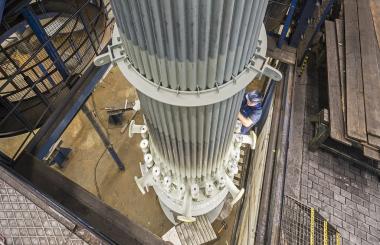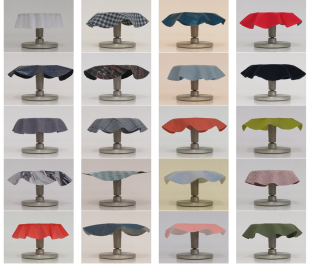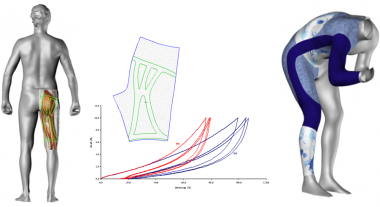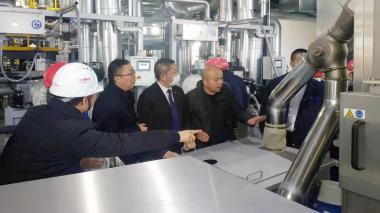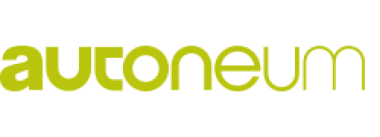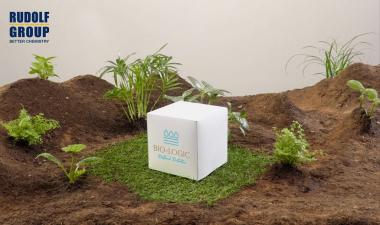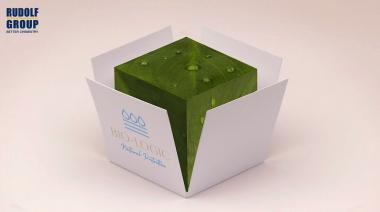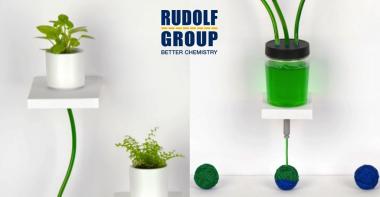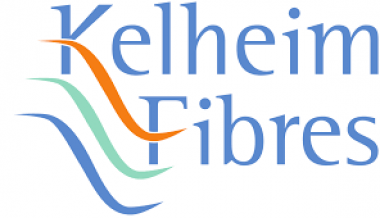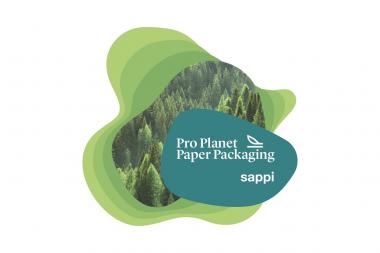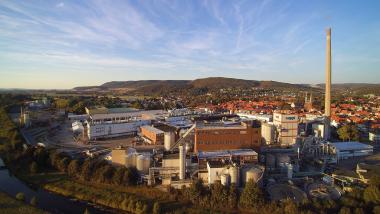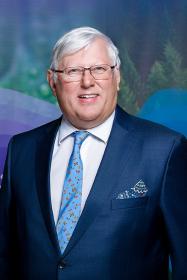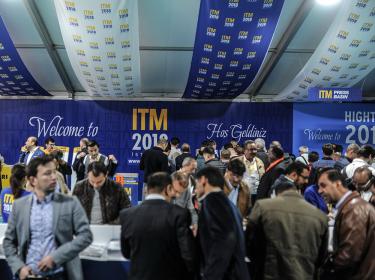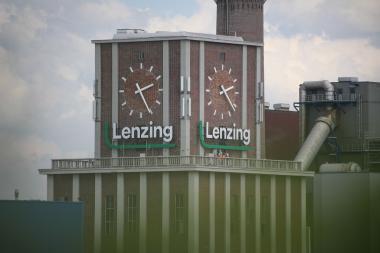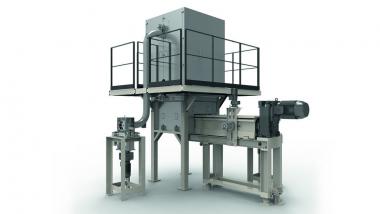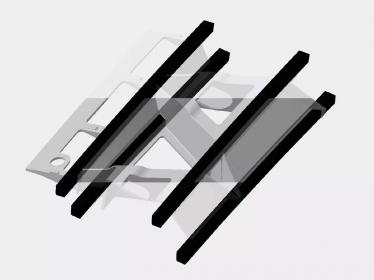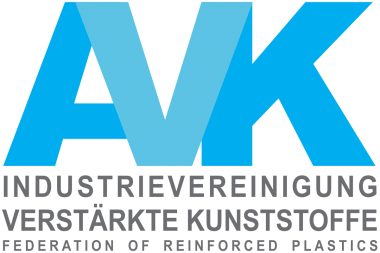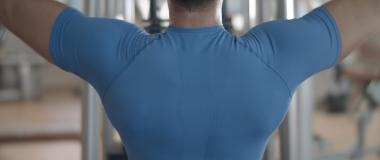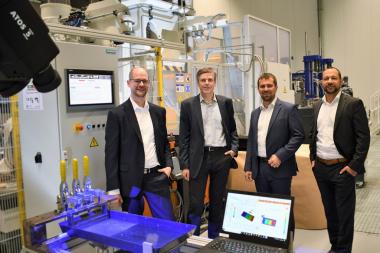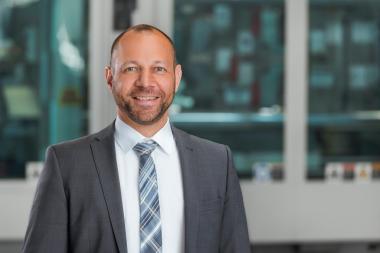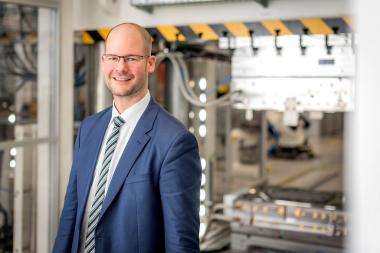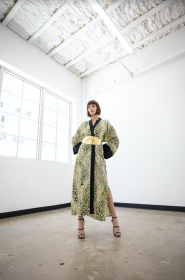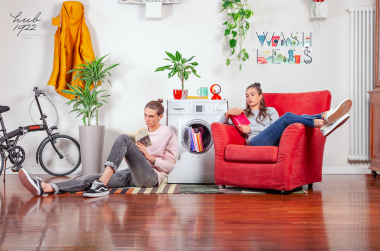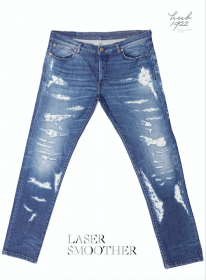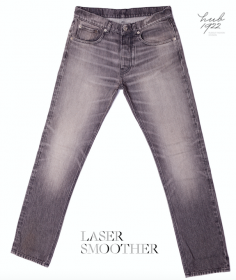SGL Carbon: Hydrochloric Acid synthesis unit in South India
- Combined HCl acid and steam generation enables significant energy savings and increased cost efficiency
SGL Carbon delivered a Hydrochloric Acid (HCl) synthesis unit with integrated steam generation to Travancore-Cochin Chemicals Ltd. (TCCL), a major producer in the chlor alkali business in South India. End of January, TCCL officially inaugurated its plant in Kochi in India’s Kerala state. Since then, the unit has already been ramped up at the customer’s site to full capacity.
The synthesis unit uses the efficient membrane wall technology and has a capacity of 60 tons of HCl per day. As an additional benefit, this innovative design enables the recovery of waste heat generated in the synthesis unit from the reaction of Hydrogen & Chlorine to produce up to 33 tons of steam at the high pressure of 10 bar every day. This steam can be used elsewhere in the chlor alkali plant, for example when concentrating caustic to flakes. As a result, the energy efficiency of TCCL’s plant goes up substantially since a huge portion of their steam demand can be covered by SGL’s unit. Thereby this helps to save costs as well as reduces CO2 emissions by more than 1.500 tons per year potentially.
The HCl synthesis has been completely engineered and produced at SGL’s production site in Pune, India. Scope of supply also included civil modification services at the customer site on a turnkey basis.
“Our innovative combined HCl synthesis and steam production units offer a great business value to our customers in the growing Indian chemical market. Together with our proven technical and engineering competence on a global scale we can help our customers to enhance their energy efficiency as the example of TCCL shows”, comments Suneet Sangam, Sales Manager at SGL Carbon India.
“By engineering and producing our units also at SGL’s production site in India, we further strengthen our position as a global process solution provider for corrosive applications leveraging our extensive expertise from our worldwide network. Realizing such ambitious projects in these challenging times of Covid restrictions shows how capable our global team is.“ says Christoph Koch, Director Sales EMEIA at SGL Carbon.
SGL CARBON SE


